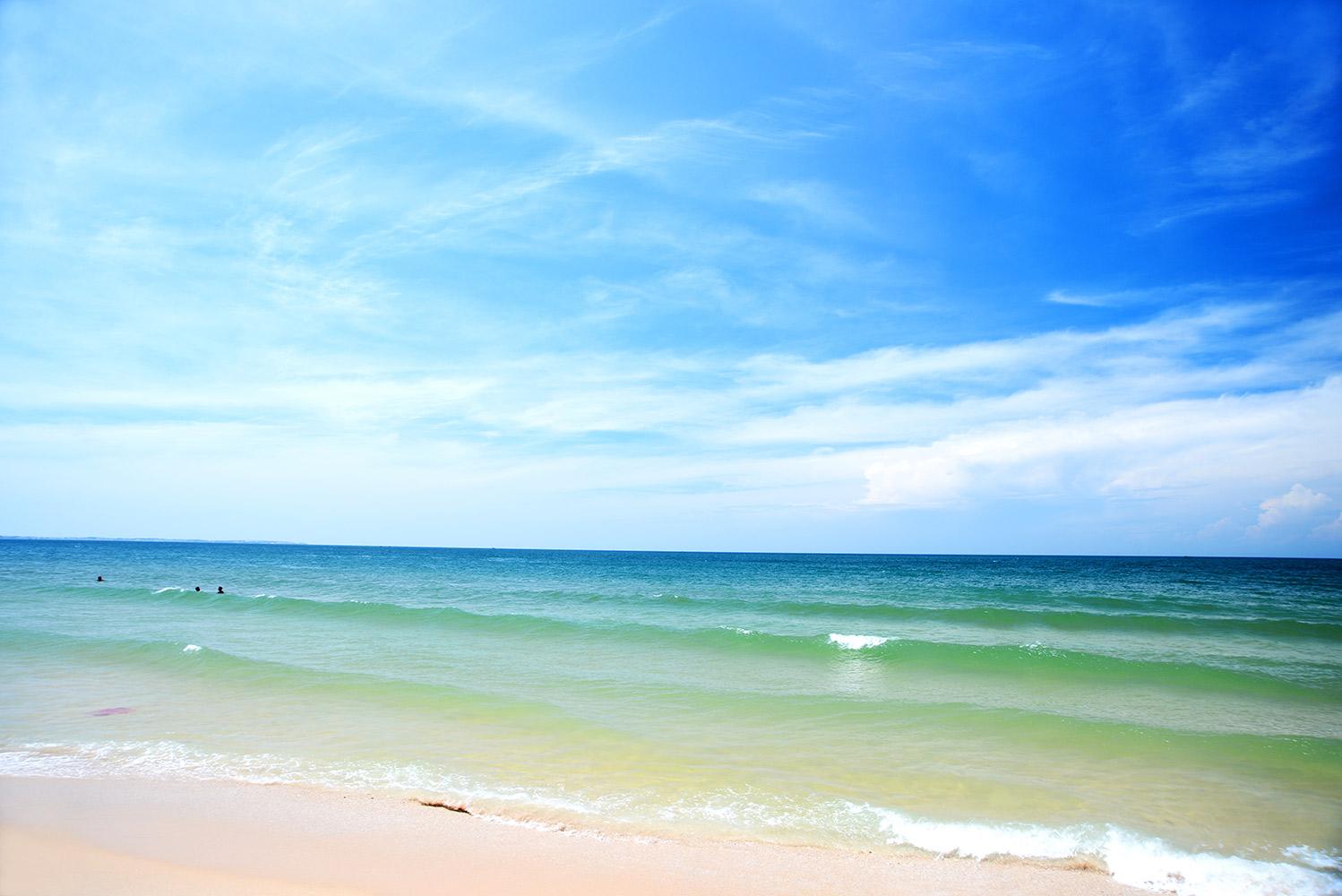
Water safety
Water safety
Water safety is very important. When the weather turns warm, everyone wants to be in or around the water. Hanging out at the pool or the beach on a hot day is a great way to beat the heat.
Between having fun and checking out the lifeguards, most people don't think much about water safety — but they should. For people between the ages of 5 and 24, drowning is the second leading cause of accidental death.
Always Swim Between the Flags
Any beach can be dangerous. Beach-goers should be careful and always swim between the red and yellow flags, which indicate that the beach is patrolled. When swimming between the red and yellow flags, always look back to the beach to check that you are still between the flags. If you choose to swim outside these flags, you could be moving into a more dangerous location.
"Buddy up!"
That's what swimming instructors say. Always swim with a partner, every time — whether you're swimming in a backyard pool or in a lake. Even experienced swimmers can become tired or get muscle cramps, which might make it difficult to get out of the water. When people swim together, they can help each other or go for help in case of an emergency.
Know your limits
Swimming can be a lot of fun — and you might want to stay in the water as long as possible. If you're not a good swimmer or you're just learning to swim, don't go in water that's so deep you can't touch the bottom and don't try to keep up with skilled swimmers. That can be hard, especially when your friends are challenging you — but it's a pretty sure bet they'd rather have you safe and alive.
Alcohol and water
Alcohol and water never mix. Alcohol is involved in numerous water-related injuries and up to half of all water-related deaths. The statistics for teenage guys are particularly scary: One half of all adolescent male drownings are tied to alcohol use.
Swim in safe areas only
Swim in safe areas only. It's a good idea to swim only in places that are supervised by a lifeguard. No one can anticipate changing ocean currents, rip currents, sudden storms, or other hidden dangers. In the event that something does go wrong, lifeguards are trained in rescue techniques.
Watch the sun
Watch the sun. Sun reflecting off the water or off sand can intensify the burning rays. You might not feel sunburned when the water feels cool and refreshing, but the pain will catch up with you later — so remember to reapply sunscreen frequently and cover up much of the time. Don't forget your hat, UV protection sunglasses, and protective clothing.
Now Have Fun!
The pool and the beach are great places to learn new skills, socialize, and check out everyone's new bathing suit. So don't let paying attention to safety turn you off. Being prepared will make you feel more comfortable and in charge.








